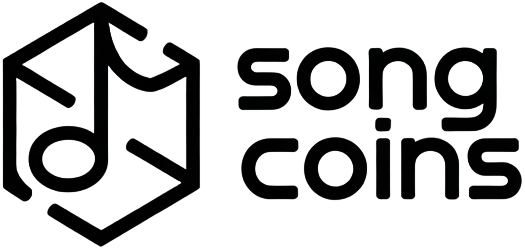
For decades, independent artists have struggled with the complexities and opacity of royalty distribution. Traditional music industry structures often leave creators waiting months for payments, facing disputes over splits, and relying on centralized intermediaries who take significant cuts. Today, blockchain technology is fundamentally reshaping this landscape by enabling transparent, automated, and equitable royalty splits: empowering artists to take control of their own revenue streams.

Automated Royalty Distribution: The Smart Contract Revolution
The heart of blockchain’s impact on music lies in the use of smart contracts. These self-executing agreements, coded on blockchain platforms, automatically distribute royalties according to predefined terms. For independent artists, this means less time chasing payments and more time focusing on their craft. Platforms like Revelator are pioneering these systems with solutions such as Royalty Splits, smart contracts that trigger instant payouts in stablecoins like USDC whenever revenue is generated from streams or sales.
This automation removes the need for intermediaries and minimizes administrative overhead. Every collaborator, whether producer, songwriter, or featured artist, receives their share immediately and transparently. As a result, disputes over earnings are drastically reduced and operational efficiency soars.
Transparency and Trust: Immutable Ledgers for Music Rights
One of the most transformative aspects of blockchain music royalties is transparency. Each transaction is immutably recorded on the blockchain ledger, allowing real-time tracking of all earnings. This level of visibility was unheard of in traditional royalty systems where opaque accounting often led to confusion or mistrust among collaborators.
Consider platforms like MusicSplits. com that leverage blockchain to document every split and payment in a tamper-proof way. These immutable records not only foster trust among rights holders but also provide artists with a powerful tool for self-management, an essential advantage in an increasingly DIY-oriented music economy.
Top Benefits of Blockchain Royalty Platforms for Indie Artists
-
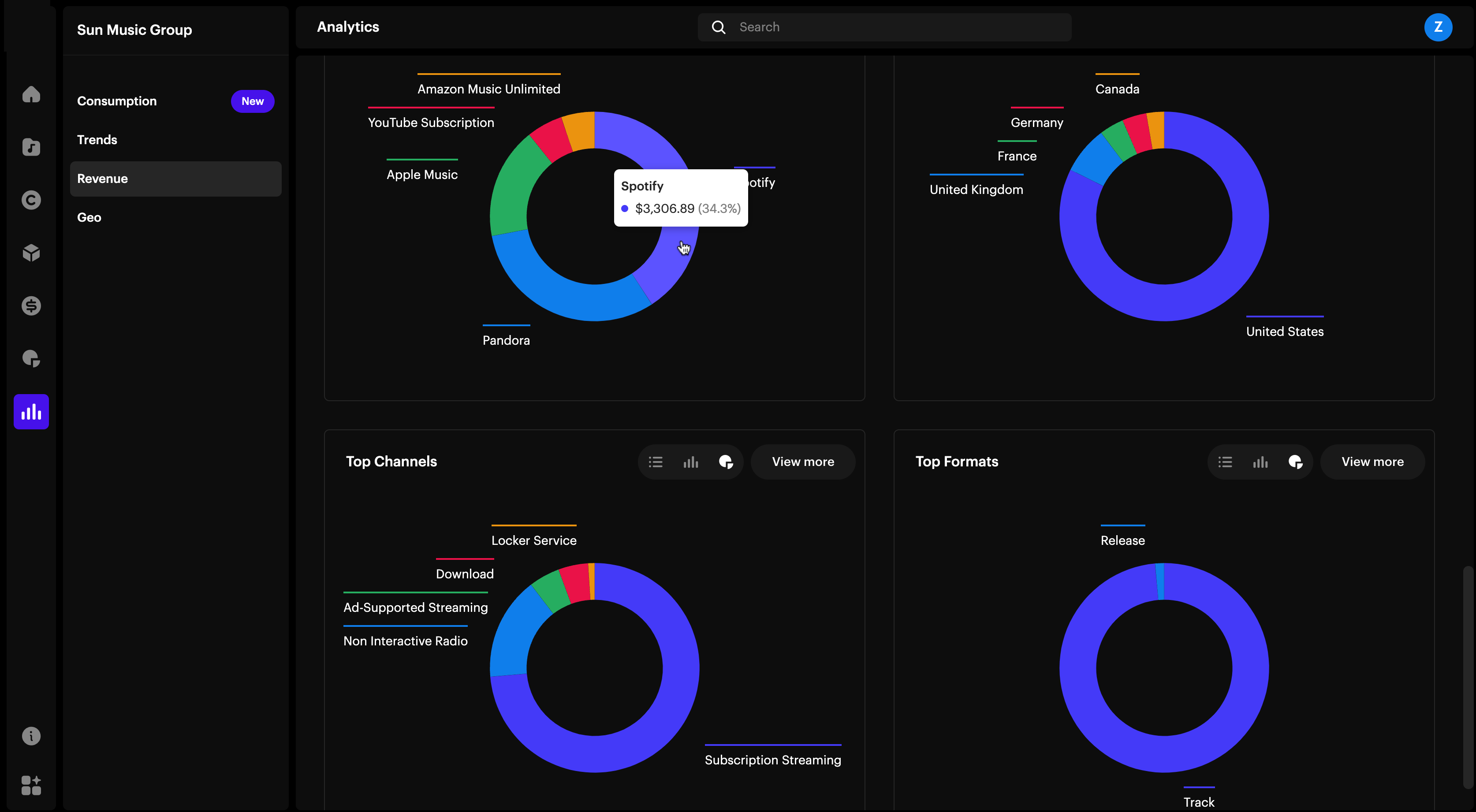
Automated Royalty Payments with Smart Contracts: Platforms like Revelator use blockchain-based smart contracts to automatically execute royalty distributions in USDC, ensuring all collaborators are paid promptly and accurately, with reduced administrative overhead.
-
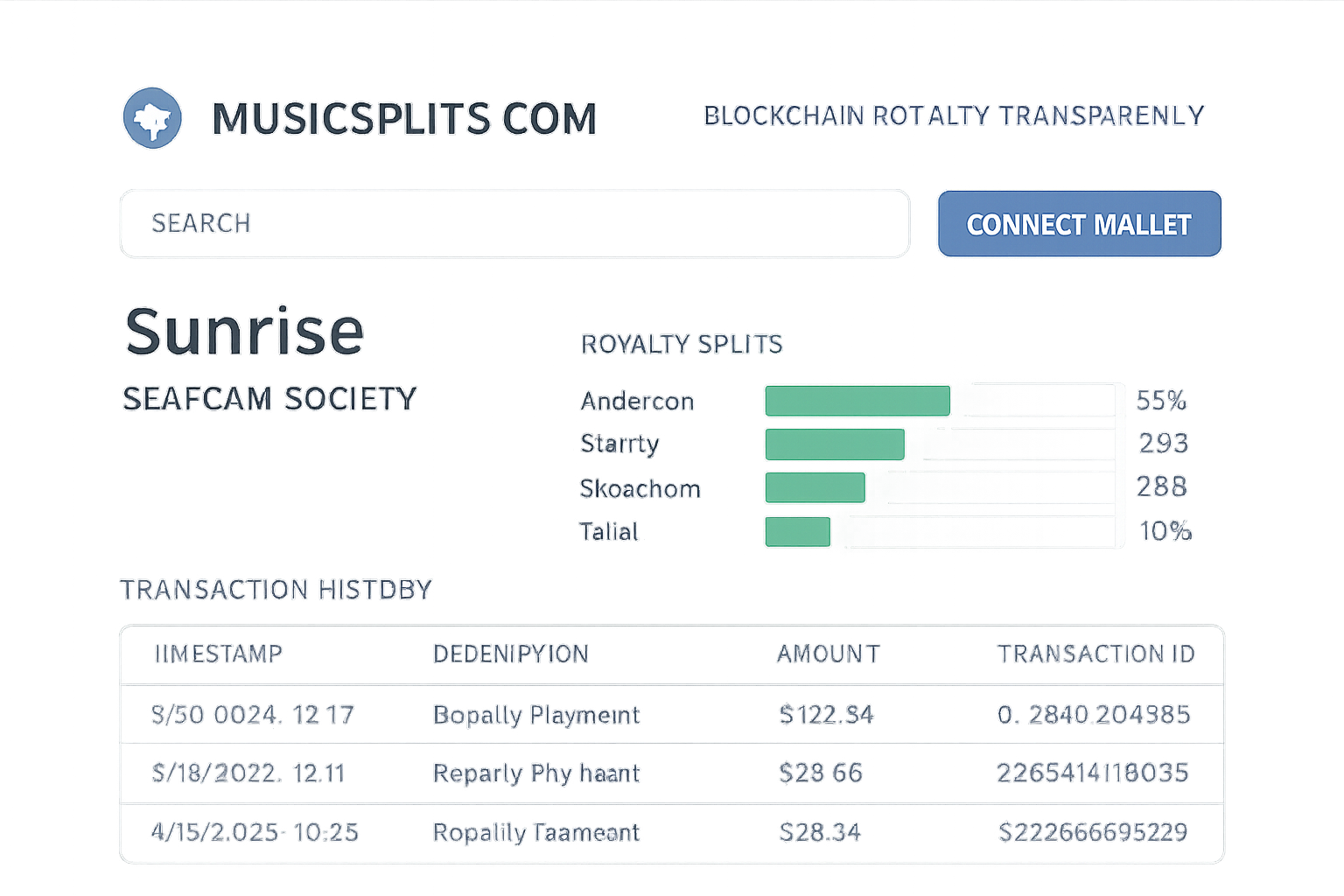
Enhanced Transparency and Real-Time Tracking: Solutions such as MusicSplits.com provide immutable, transparent records of royalty transactions, allowing artists and collaborators to monitor earnings and ownership in real time, minimizing disputes and building trust.
-
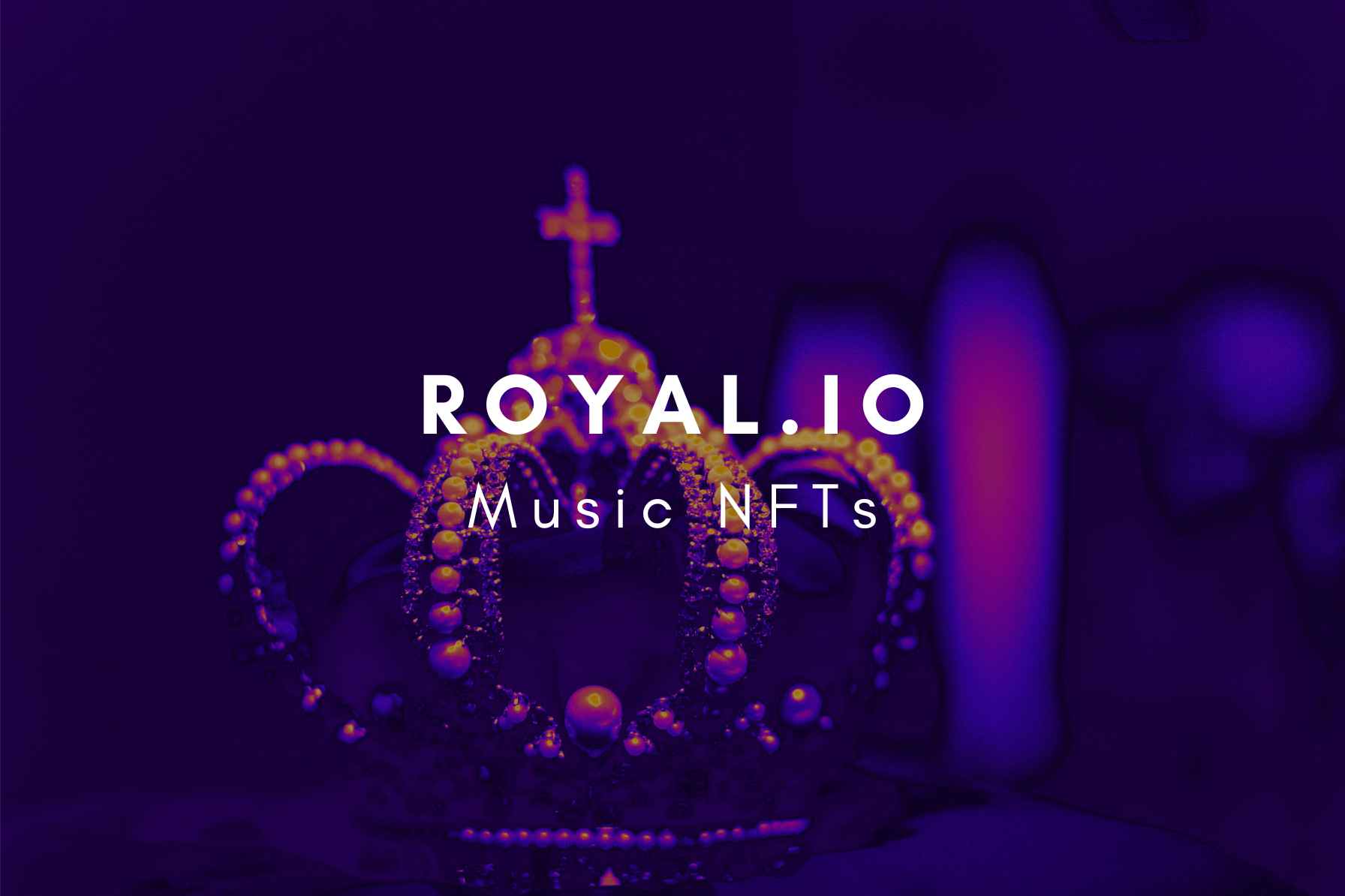
Direct Fan Engagement and New Revenue Streams: Platforms like Royal enable artists to tokenize music rights as NFTs, letting fans invest in fractional royalty rights. This creates new funding opportunities for artists and allows fans to earn a share of streaming revenue.
-
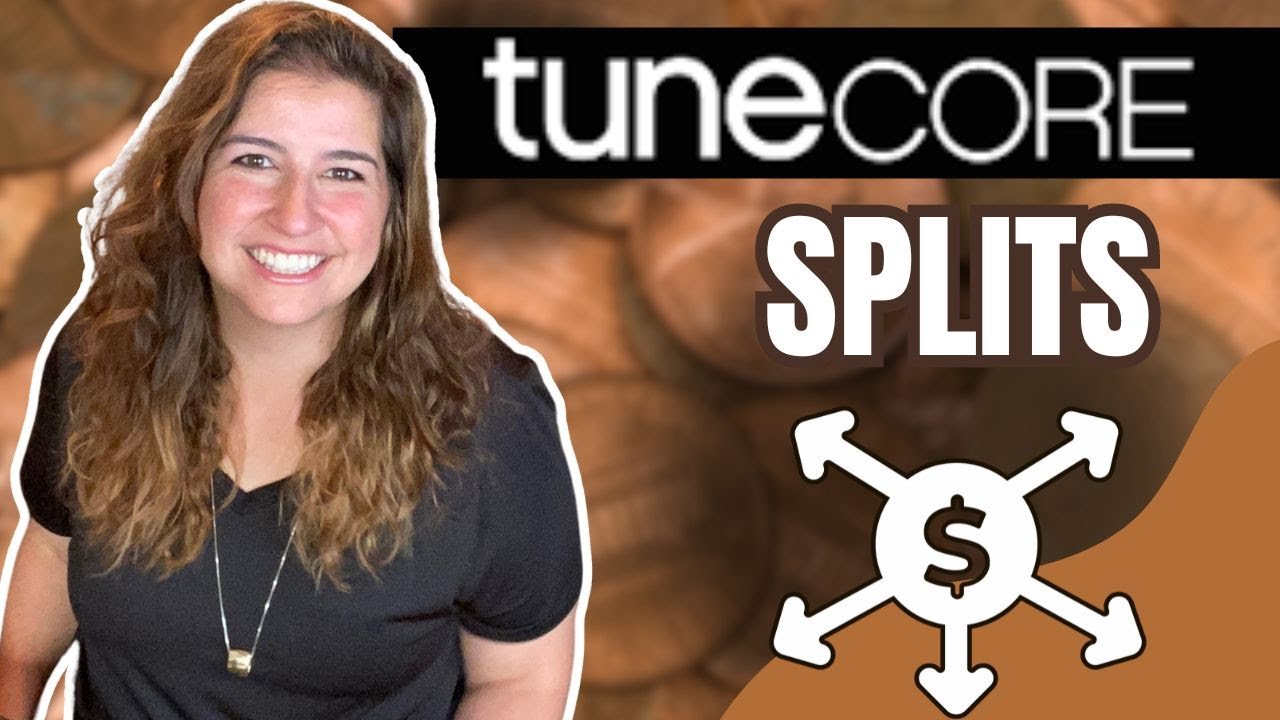
Seamless Collaboration and Split Ownership: TuneCore offers royalty splits for streaming and download revenue, making it easy for independent artists to collaborate and automatically share earnings with all contributors.
-
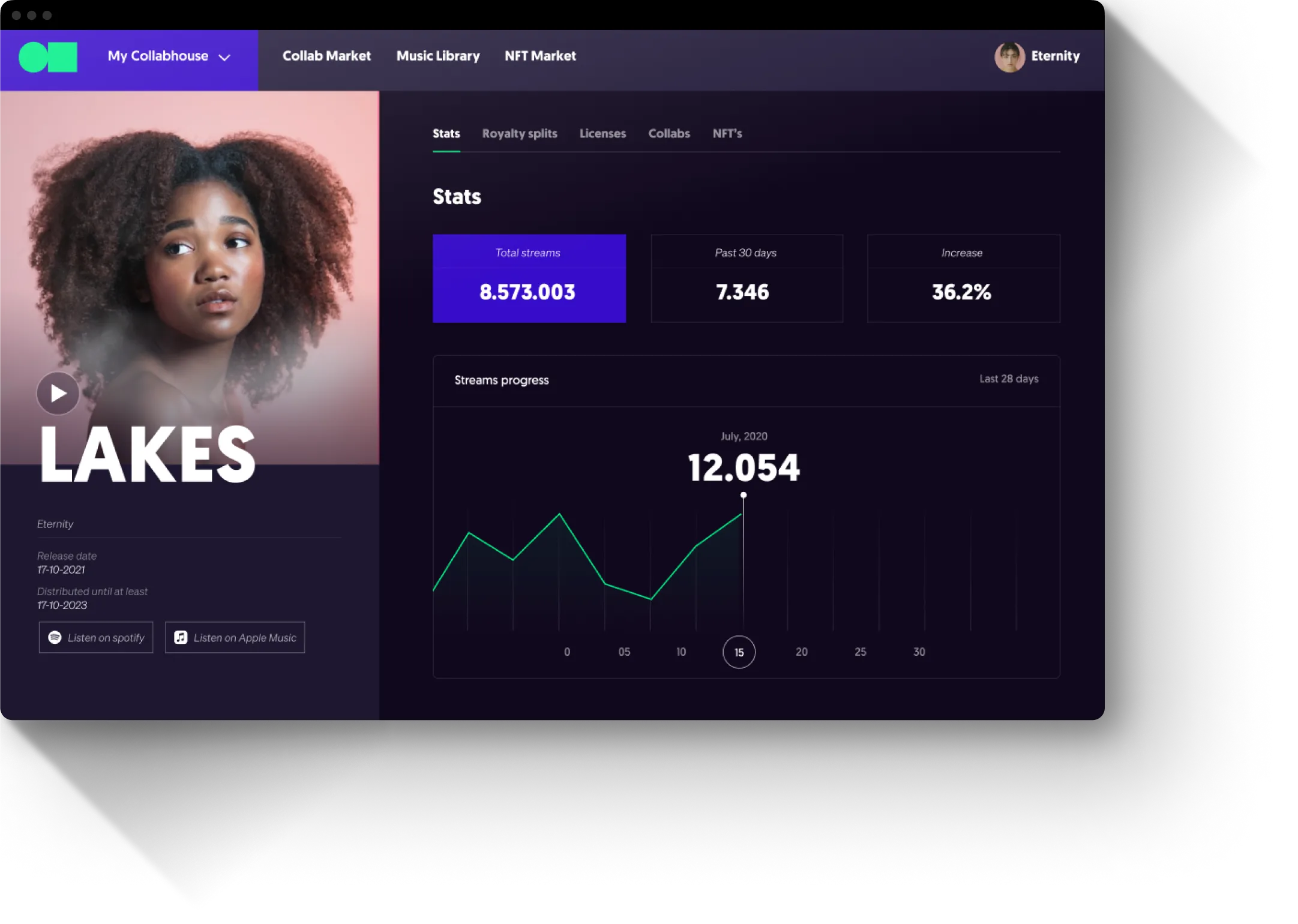
Marketplace Access for Royalty Shares: Platforms like Collabhouse allow artists to create and sell royalty splits as NFTs, giving fans the opportunity to invest directly in their favorite artists and share in future royalties.
-
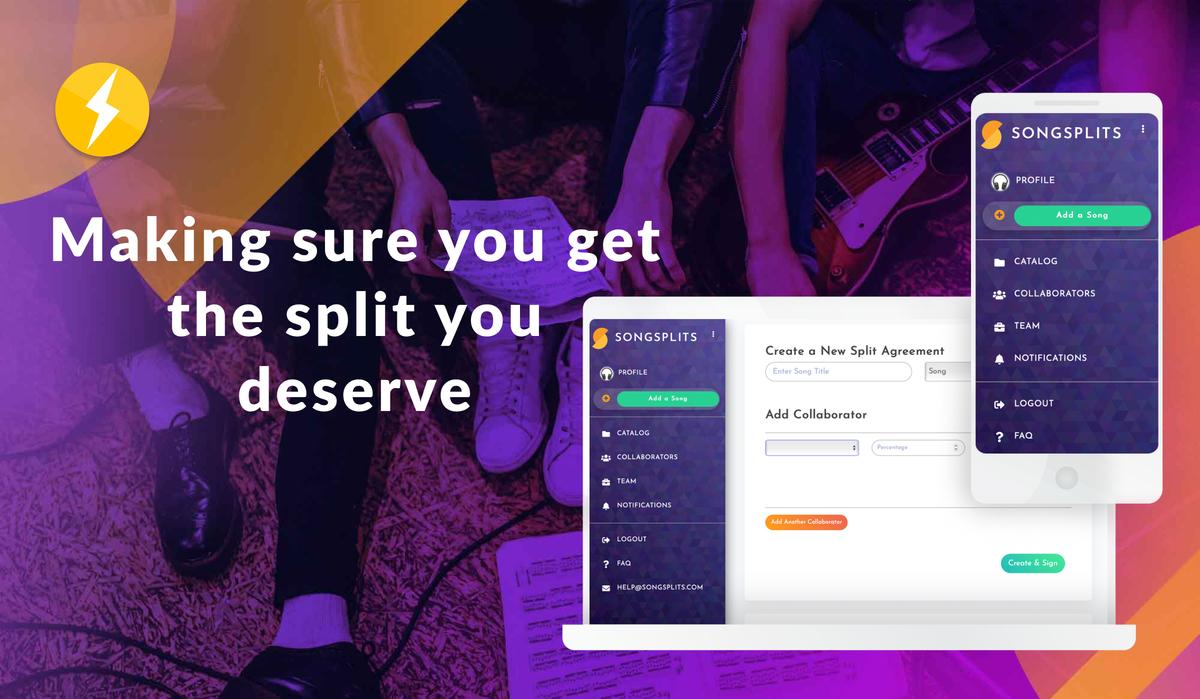
Efficient Rights Management and Dispute Reduction: SONGSPLITS.XYZ leverages Web 3.0 and blockchain to streamline music collaboration, clearly documenting ownership and royalty splits to prevent conflicts and ensure fair compensation.
New Revenue Streams: Tokenized Music Assets and Fan Engagement
The rise of tokenized music assets has opened entirely new avenues for independent artist funding and fan involvement. By turning songs or catalogs into NFTs (non-fungible tokens), artists can sell fractional ownership stakes directly to fans or investors. This approach unlocks upfront capital while giving supporters a share in future streaming revenues, a model exemplified by platforms like Royal.
This direct-to-fan model not only diversifies income but also deepens engagement; fans become stakeholders invested in an artist’s success rather than just passive listeners. The process is transparent, efficient, and borderless thanks to the underlying blockchain infrastructure.
The End of Disputes Over Song Credits?
The combination of smart contracts and immutable ledgers means that disputes over songwriting credits or royalty splits could soon be relics of the past. Every contribution is logged at the point of creation or agreement, providing indisputable proof should questions arise later. For independent artists collaborating across borders or platforms, this assurance is invaluable.
Beyond dispute resolution, blockchain-based royalty splits are driving a new standard of efficiency in the global music industry. With automated payment flows, artists no longer wait months for revenue to trickle down through a labyrinth of labels and publishers. Instead, payouts are executed instantly, often in stablecoins like USDC, providing both speed and predictability. This is particularly significant for independent creators who rely on timely cash flow to fund new projects and sustain their careers.
Platforms such as SONGSPLITS. XYZ and Collabhouse are at the forefront of this evolution. By integrating Web 3.0 tools, they allow collaborators to set precise ownership percentages at the outset of a project. Once a track is released and generates revenue, smart contracts ensure each party receives their correct share without manual intervention or third-party approval. The result is a system that is not only fairer but also drastically reduces administrative costs.
Real-World Impact: Empowering Independent Artists
Let’s break down the tangible advantages that independent artists are experiencing through blockchain-powered royalty management:
Case Studies: Indie Artists Thriving with Tokenized Music Assets
-

Verite on Royal: Indie pop artist Verite partnered with Royal to tokenize her single “By Now,” allowing fans to purchase fractional royalty rights. This innovative approach enabled Verite to raise upfront funding while fans received a share of streaming revenue, fostering deeper engagement and new income streams.
-

RAC and Catalog Works: Grammy-winning producer RAC utilized the Catalog platform to mint his music as NFTs. By selling tokenized tracks directly to fans, RAC increased his earnings and bypassed traditional intermediaries, demonstrating the power of blockchain for independent revenue generation.
-

Oshi on Sound.xyz: Electronic artist Oshi released exclusive tracks on Sound.xyz, selling limited edition music NFTs. This strategy not only provided Oshi with instant, transparent royalty payments but also enabled direct fan interaction and collectible ownership, boosting both earnings and engagement.
-
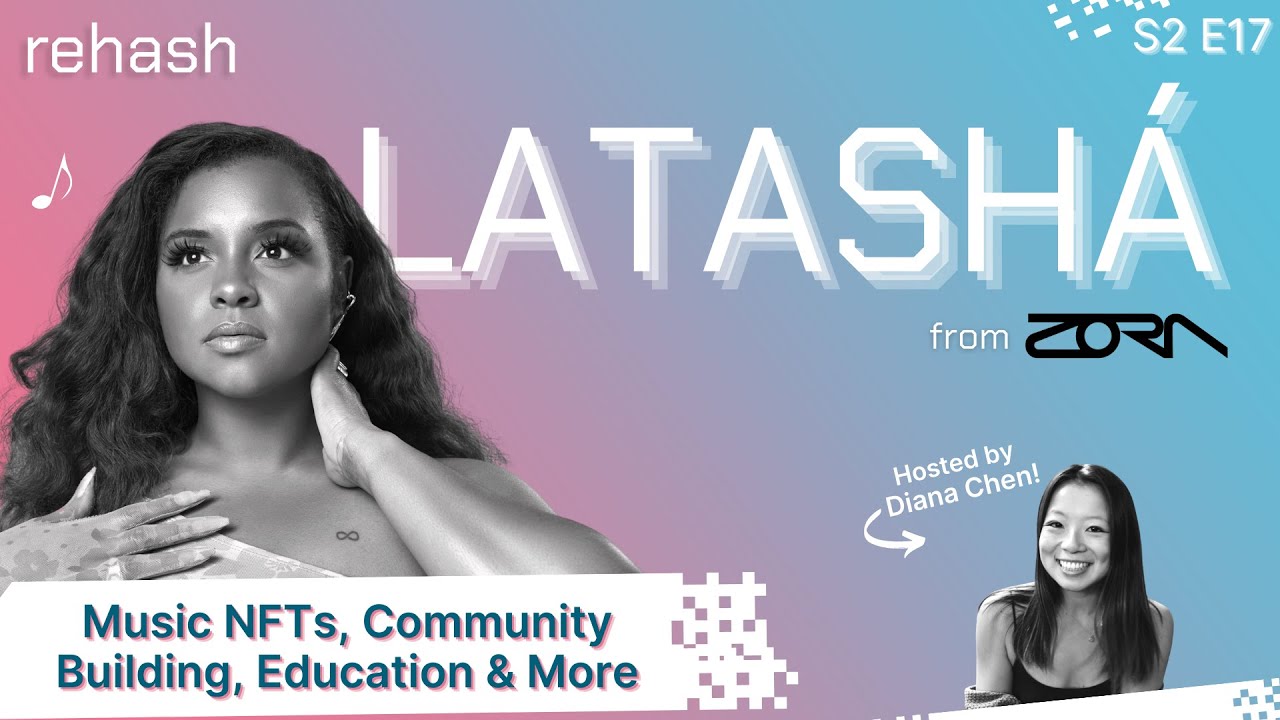
LATASHÁ on Zora: Hip-hop artist LATASHÁ released music and music videos as NFTs on Zora, earning significant income and empowering her to retain full creative and financial control. Her blockchain-based releases have set new standards for independent artist autonomy and fan engagement.
This shift isn’t just theoretical; it’s happening now. On platforms like TuneCore, split royalty payments have become the norm for self-released tracks, allowing seamless collaboration between songwriters, producers, and session musicians worldwide. As more artists embrace these tools, we’re seeing a democratization of music revenue, one where control is firmly in the hands of creators.
Looking Ahead: Fractional Ownership and New Investment Models
The next frontier is the mainstream adoption of fractional ownership models through tokenized music assets. By allowing fans or investors to hold small stakes in future royalties via NFTs, artists can unlock upfront funding while building deeper community ties. This approach creates new possibilities for creative financing, imagine fans collectively backing an album in exchange for a share of its streaming income.
For investors and collectors alike, these developments offer exposure to previously inaccessible music revenue streams with transparent audit trails and automated payouts, a compelling value proposition compared to legacy systems.
Key Takeaways
- Automated smart contracts eliminate payment delays and reduce disputes over splits.
- Immutable blockchain ledgers provide real-time transparency into rights ownership and earnings.
- Tokenized assets unlock new avenues for funding and fan engagement through fractional ownership models.
- No intermediaries required: Artists retain greater control over their creative output and revenue streams.
The convergence of blockchain technology with music royalty management signals a paradigm shift, one that empowers independent artists with transparency, autonomy, and innovative ways to monetize their art. As adoption accelerates across platforms like Revelator Royalty Splits and MusicSplits. com, expect even more creative collaborations and investment models to emerge.
If you’re interested in exploring automated royalty splits powered by smart contracts, and how they’re reshaping music revenue sharing, learn more at this guide on blockchain-enabled royalty automation.
